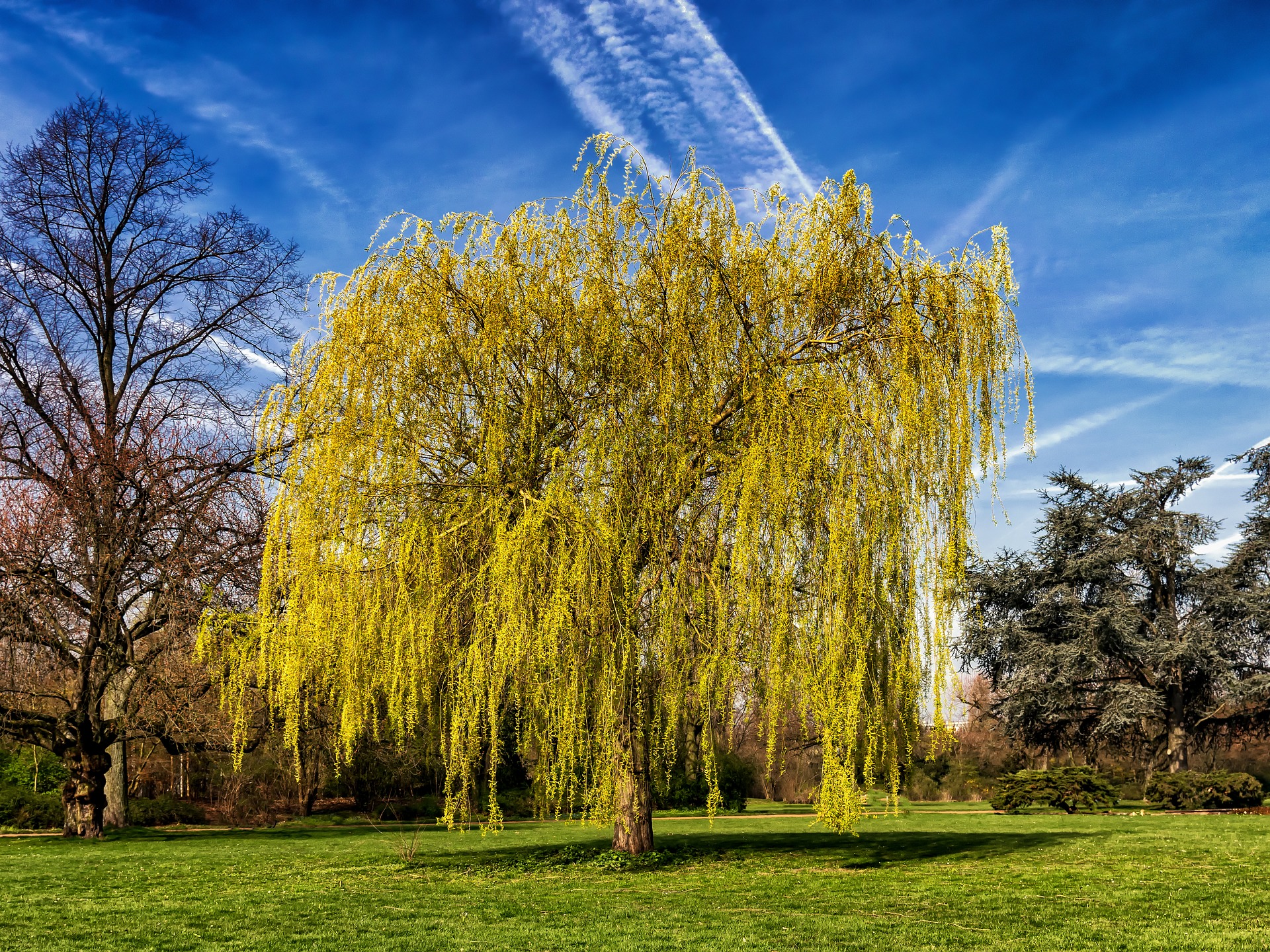Disclosure: This website features affiliate links. By following a link on this website and making a purchase, we could receive a commission with no additional cost to you. As an Amazon Associate I earn from qualifying purchases.
Thinking about planting some trees in your yard? Not sure which ones you should avoid planting?
There are many benefits to having trees in your yard, and aside from the aesthetic value, it may even lower heating and cooling costs in your home. The shade and coverage provided by trees can be great for relaxing under outside and can also ensure that your home stays cool.
There are other benefits as well. Some types of trees can provide food, others are aesthetically pleasing, and others yet will offer fragrant smells. However, not all tree varieties are equal. There is a wide range of trees that you should simply not plant in your yard under any circumstances.
Luckily, we’re here to guide you if you’re wondering which trees you should avoid. Here are some common varieties of trees that you shouldn’t ever grow in your yard.
1. Black Walnut Trees

Many people are aware of the numerous benefits of black walnut trees. These trees feature edible nuts as well as wood that can be sold for a pretty penny when the trees mature. Unfortunately, however, there are notable drawbacks to these trees as well.
The Black walnut tree emits a chemical into the nearby soil that inhibits the growth of other plants such as flowers and grass. This can create a sort of wasteland around the tree.
Because black walnut trees are relatively large, having this space in the yard that allows for no other plant life can be very harmful and not a very good look for your home. Surprisingly enough, these trees can even be toxic to humans in some cases as well.
2. Ginkgo Trees

Ginkgo trees are an ancient stock of trees that have a long and interesting history. They’re relics of an earlier generation of plant life that has survived years of evolution. While they’re elegant and interesting, however, they’re not suited for a homeowner’s yard.
The saying of “Gingko Stinko” is quite appropriate as Ginkgo trees and its seeds emit a foul odor that you likely won’t want anywhere near your home. You may want to choose some more fragrant alternatives instead.
3. Mulberry Trees

The mulberry tree is famous for offering food for silkworms, as they love to feed on its leaves. The tree also features tasty fruits that are quite numerous and grow easily. Unfortunately, the negative of Mulberry trees is the fact that they’re very attractive to birds who love the tree’s fruit as well.
Because mulberry trees and its fruit have a vibrant color, the fruits pass through a bird’s digestive system and result in bird poop that is brightly colored. It can then stain a home’s driveway, home siding, patios, or other items near the tree.
Even if a homeowner can tolerate this negative of the tree, neighbors may not and this could cause tension. While these problems aren’t as prevalent with white mulberry trees, they are still best avoided in a home yard.
Additionally, the roots of mulberry trees can cause problems as well.
4. Weeping Willows

The weeping willow tree is another one of the main trees you shouldn’t ever grow in your yard.
Weeping willow trees provide lots of shade and are wonderful to sit under while relaxing. Kids, in particular, love weeping willow trees and playing under their branches. However, they need tons of water, and because of this, they’re best suited for areas near ponds and lakes. You should usually avoid putting a weeping willow tree in your front or backyard unless you have a rich and reliable water source nearby.
Additionally, the weeping willow can cause many other problems as well. Weeping willows are very big, they can attract a lot of insects, and the roots can potentially cause damage.
Final Thoughts
While there are many benefits to having trees in your yard, you need to be smart about it. Some varieties of trees aren’t suitable to plant in the yard.
By learning about and avoiding the above varieties of trees you shouldn’t ever grow in your yard, you can help to keep your yard looking great and can keep enjoying it with your family and loved ones.
Looking for more ways to care for your yard? Check out these tips for taking care of your grass right now.

